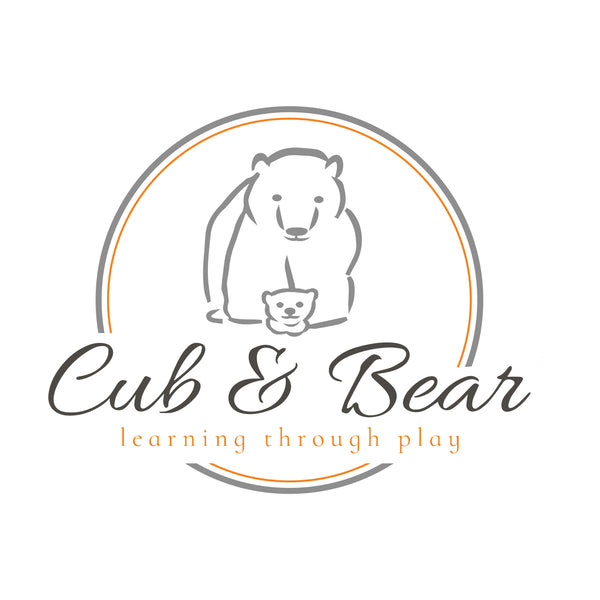In a world where waste is rampant, creative recycling emerges as a beacon of hope, transforming discarded materials into valuable treasures. This blog post celebrates the art of creative recycling, showcasing ingenious projects that breathe new life into everyday items while championing environmental stewardship and sustainability.
Creative Recycling Project Ideas:
Plastic Bottle Planters: Cut plastic bottles in half and use the bottom halves as planters for small herbs or succulents.
Decorate the bottles with paints or decoupage to add a personal touch to your indoor garden.
Tin Can Lanterns: Clean empty tin cans and punch holes in decorative patterns around the sides.
Place tea lights or LED candles inside the cans to create charming lanterns for outdoor gatherings.
Glass Jar Storage Containers: Repurpose glass jars as storage containers for pantry staples like grains, pasta, or dried herbs.
Label the jars with chalkboard paint or adhesive labels for a neat and organized kitchen storage solution.
Egg Carton Seed Starters: Cut apart sections of cardboard egg cartons and fill each compartment with potting soil.
Plant seeds in the soil and water regularly to nurture seedlings before transplanting them into the garden.
Step-by-Step Instructions and Tips for Creative Recycling Projects:- Material Preparation: Collect clean and dry recyclable materials, and sort them according to project requirements.
- Safety Precautions: Take necessary precautions when handling sharp objects or potentially hazardous materials during crafting.
- Creative Exploration: Encourage experimentation and creativity in crafting, allowing for personalization and adaptation of project ideas.
- Responsible Disposal: Dispose of any leftover or non-recyclable materials properly, following local recycling guidelines and waste disposal practices.
Incorporating Learning Opportunities into Recycling Projects:
- Environmental Awareness: Educate participants about the environmental impact of waste and the importance of recycling in conserving natural resources.
- Waste Reduction: Discuss strategies for reducing waste at home, such as composting organic materials or opting for reusable alternatives to single-use items.
- Hands-On Learning: Engage participants in hands-on activities that demonstrate the practical applications of recycling principles and techniques.

